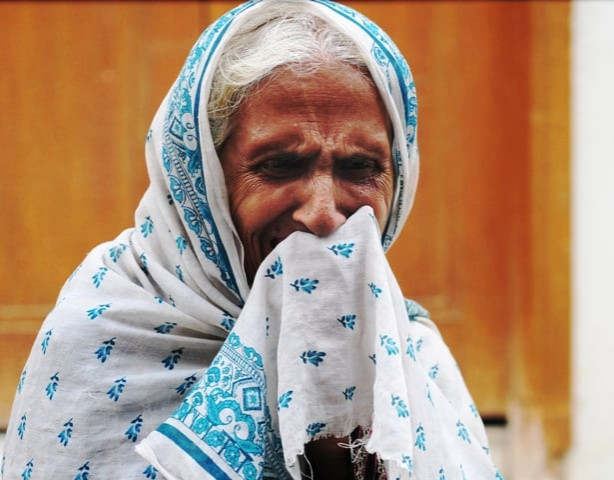City of death
Karachi has been used as a theatre to play out political power games; people have been reduced mere pawns.

City of death
There have been 490 deaths in Karachi in the first six months of 2011, according to the Human Rights Commission of Pakistan, while 748 targetted killings took place the previous year. The latest orgy of death is then neither a new phenomenon nor an unexpected one. What we must ask is precisely what the government is doing to control the situation. The police and paramilitary troops out on the streets seem to be serving little purpose as the violence continues. For several years now, Karachi has been used as a theatre to play out political power games; people have been reduced to the status of mere pawns in this tussle their lives do not matter, the tragedies faced by thousands of families seemingly moves no one.
This simply cannot continue. The rhetoric we hear once again from the interior minister — who claims to know who is the behind the violence — and other leaders is meaningless. The words being spouted out have been heard before. They offer no reassurance or confidence at all and the vague promises of ‘crackdowns’ are not combined with any measures that can act to reduce the regular upsurge of violence in Karachi. What is urgently needed is a programme to de-weaponise the city — where there are some 20 million small arms present in the hands of civilians, according to international monitoring groups — make security forces more effective and tame the demons that have turned our commercial capital into a zone of death which poses a threat to everyone who lives there.
Published in The Express Tribune, July 9th, 2011.
















COMMENTS
Comments are moderated and generally will be posted if they are on-topic and not abusive.
For more information, please see our Comments FAQ